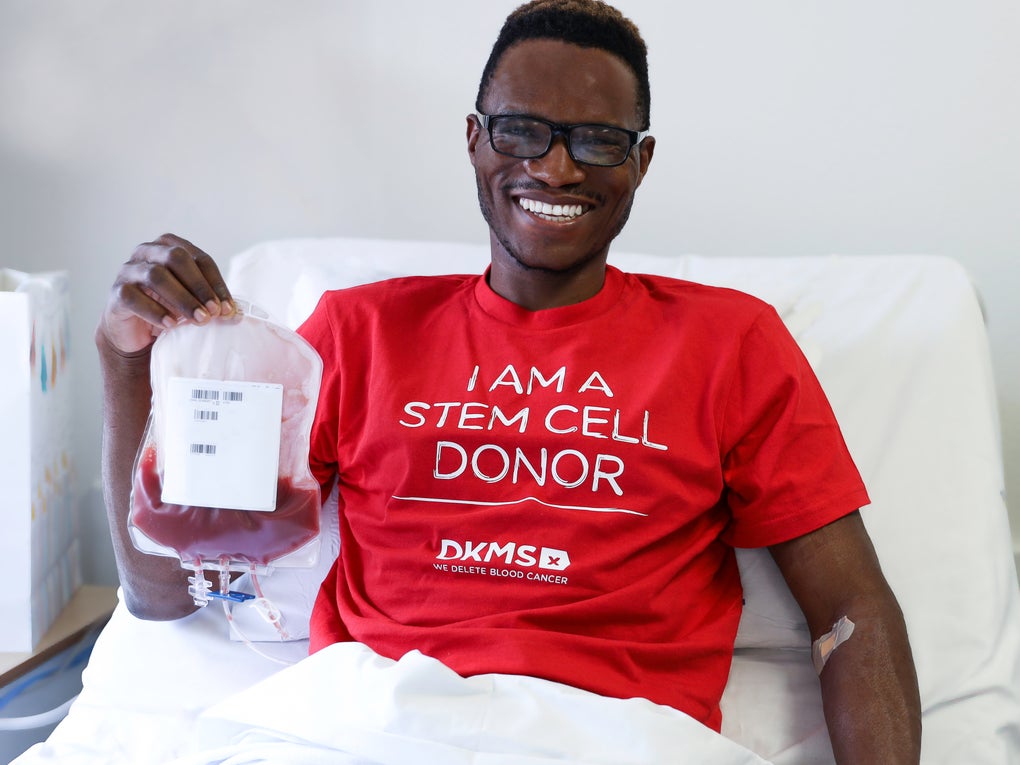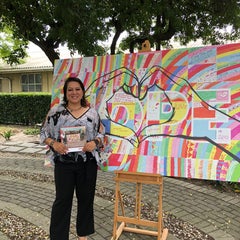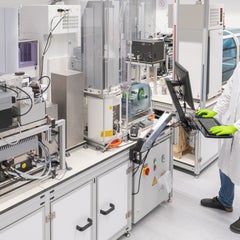
SA Needs More Young Male Stem Cell Donors
Cape Town, 11 June 2024 – In South Africa, blood cancers are 20-50% more common in men than women. However, a stem cell transplant from a matching donor is often these patients’ best chance of survival. In fact, stem cells donated by men are used in 70% of these procedures since research indicates they offer certain advantages. Fortunately, unlike in other parts of the world, South Africa has a higher percentage of male stem cell donors (76%) compared to females (24%), according to data from DKMS Africa.
Palesa Mokomele, the organisation’s Head of Community Engagement and Communications, says that this is a reversal of the global trend where the majority of donors (61%) are female - a shift that could improve the success rate of stem cell transplants, particularly for male blood cancer patients.
Speaking in light of Men’s Health Month, she explains that, for starters, men produce nearly double the amount of stem cells than women since their bodies tend to be bigger. “A larger number of donated stem cells generally translates to a higher chance of transplant success.”
“Recipients of stem cells from male donors are also less likely to develop graft-versus-host disease (GVHD), a post-transplant immune response that sees the donor’s stem cells mistakenly attacking the patient’s own cells and tissues,” Mokomele explains.
Highlighting the importance of gender matching, she points out that male patients receiving stem cells from male donors tend to experience better outcomes. “These include a higher chance of survival and reduced risk of serious side effects from the transplant. The same challenge applies to female patients. While fortunately, fewer women are diagnosed with blood cancers in South Africa, the limited number of donors of this gender on the registry is cause for concern. Growing a diverse donor pool is therefore crucial for all patients.”
“It is also important to note that male registrants are more likely to be available to donate compared to their female counterparts. Pregnancy temporarily disqualifies women from donating, impacting the pool of potential donors. Donor unavailability hinders the donation process, thereby impacting patients’ chances of survival,” stresses Mokomele.
Luyanda Stuurman, a registered blood stem cell donor and third-year medical student at the University of Cape Town, urges more young men to consider becoming donors. “Donating blood stem cells is a life-saving gift. We can all play a role in giving someone in need a second chance to live their life to the fullest. Just think, one day it might be you in need of a stem cell transplant.”
“While DKMS Africa applauds South African men for joining the donor registry, the fight isn't over,” she says. “We are calling on more young men between the ages of 18 and 30 to register. Currently, this demographic accounts for a mere 12% of donors, yet their age and gender play a huge factor in transplant success. Not only do they provide the highest doses of healthy stem cells but are also statistically less likely to have developed a health problem that could put the patient at risk.”
Mokomele concludes by saying, “We encourage all South Africans between the ages of 17 and 55, especially young men, to register as stem cell donors today. Together, we can up the stem cell transplant success rate and save more lives.”
Register at https://www.dkms-africa.org/register-now.
For more information, contact DKMS Africa on 0800 12 10 82.




